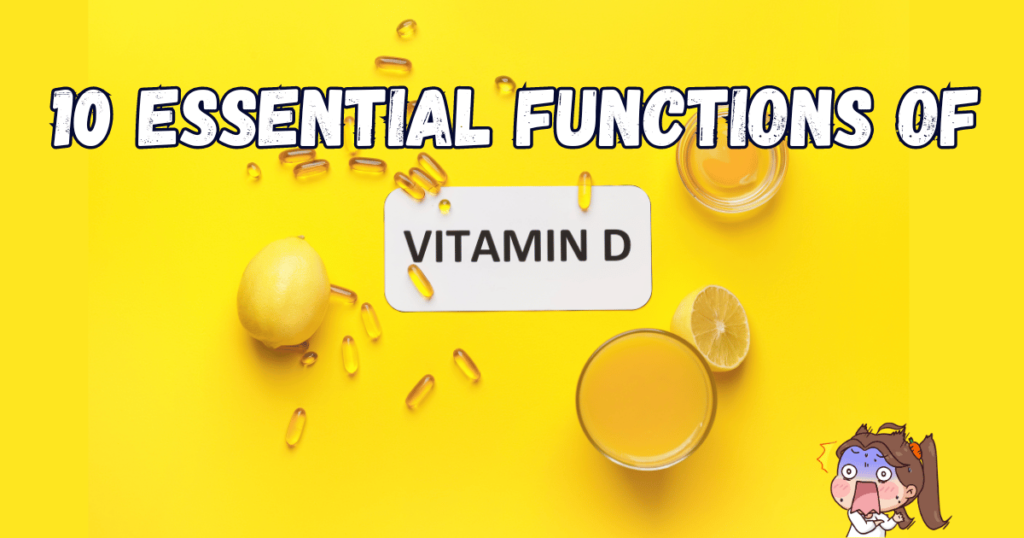The Benefits of Coenzyme Q10 (CoQ10) for Heart Health, In the intricate tapestry of our body’s functions, few elements play as crucial a role as coenzyme Q10 (CoQ10). This naturally occurring compound, present in every cell, acts as a vital player in the process of energy production. Beyond its role in cellular function, CoQ10 has gained recognition for its profound impact on heart health. In this article, we will delve into the remarkable benefits of CoQ10, shedding light on how it can serve as a powerful ally in the quest for cardiovascular well-being.

The CoQ10 Chronicles
Coenzyme Q10, often referred to simply as CoQ10, is a naturally occurring compound found in every cell of the body. It functions as a coenzyme, which means it helps enzymes carry out their functions. CoQ10 is particularly abundant in organs with high energy demands, such as the heart, liver, and kidneys.
CoQ10 and Heart Health
Sources of CoQ10
Coenzyme Q10 (CoQ10) is a naturally occurring antioxidant that is essential for the functioning of cells. It is used in the production of energy within cells and also has various health benefits. CoQ10 can be obtained from dietary sources as well as supplements. Here are some common sources of CoQ10:
- Organ Meats: Some of the richest sources of CoQ10 are organ meats. This includes liver, kidney, and heart from animals such as beef, pork, and chicken.
- Fatty Fish: Certain types of fish are high in CoQ10, especially fatty fish. Examples include trout, herring, sardines, mackerel, and salmon.
- Meat: General meat sources like beef, pork, and chicken have moderate amounts of CoQ10.
- Vegetables: Some vegetables, though not as rich as animal sources, contain CoQ10. These include spinach, cauliflower, and broccoli.
- Fruit: Fruits such as oranges and strawberries have small amounts of CoQ10.
- Legumes: Legumes like soybeans, lentils, and peanuts also provide CoQ10.
- Nuts and Seeds: Certain nuts and seeds, such as sesame seeds and pistachios, are good sources of CoQ10.
- Oils: Soybean and canola oil contain CoQ10.
It’s important to note that while these foods contain CoQ10, the levels are generally lower than what can be achieved through supplementation. CoQ10 supplements are often recommended for individuals with certain health conditions or those taking medications that can deplete CoQ10 levels. As with any supplement, it’s advisable to consult with a healthcare provider before starting CoQ10 supplements.
Conclusion
Coenzyme Q10, with its multifaceted benefits, stands as a powerful advocate for heart health. From supporting energy production to acting as a guardian against oxidative stress, CoQ10’s contributions to cardiovascular well-being are undeniable. However, it’s important to approach supplementation with care, seeking guidance from a healthcare provider to determine the appropriate dosage and form for your specific needs. With the right approach, you can harness the remarkable benefits of CoQ10 and embark on a journey towards a healthier, more vibrant heart.
Benefits of Coenzyme Q10 (CoQ10) for Heart
check this out :Top 10 Worst Breakfast Foods to Avoid in the Morning for a Healthy Start



